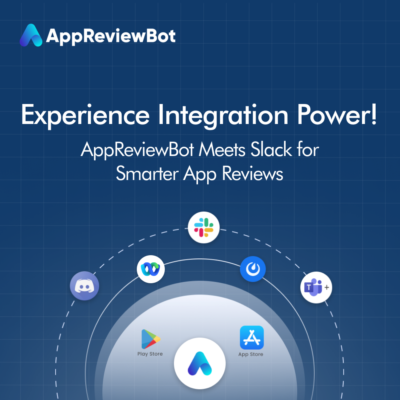Just a few short years ago, companies were hesitant about integrating AI into their business operations. Fears about everything from job security to privacy issues kept many businesses from embracing AI fully. However, things are rapidly changing. HP details how AI’s benefits to various industries — such as healthcare, education, transportation, manufacturing and customer service — have showcased just how crucial it is for industries to make full use of this up and coming technology.
And the mobile industry stands to bene fit just as much as any other vertical. From significantly improving customer service through chatbot integration and allowing apps to have voice-activated features to automating tedious processes and giving phones the capability to capture and analyze visual information – the innovations AI brought to mobile apps are endless. Aside from taking mobile application development to new heights, AI is also making waves when it comes to app testing.
Here are three ways you can use AI to improve your app testing:
- Determinism: The problems apps have to address changes by the minute. This undeniable reality highlights the importance of AI when it comes to app testing. With its ability to not only learn but work at an inhuman pace, AI is able to provide ever-changing solutions that consistently take into account new information and data. As test objectives change, so should the test method and this is only possible because of AI. As app testing becomes less and less deterministic, it will grow even more crucial for test engineers to support learning expected test results from the same data that trains the decision-making AI.
- User engagement: The success of any mobile app heavily relies on its ability to engage users and keep them coming back to the app. This is where AI can come in. Forbes suggests that with AI’s ability to analyze user behavior developers can gain access to valuable insights. This will help them analyze how their clients use the app and optimize the customer experience accordingly. Whether it’s making changes to pain points or tweaking the app to push popular features to the forefront, AI can help you craft a more engaging journey.
- Test planning: Aside from the testing itself, the planning that happens beforehand also takes a great deal of effort and time. Traditionally, developers would have to come up with hundreds upon hundreds of test scenarios and repeat this process for every version, every app and every release. AI can help expedite this process by crawling through each screen, analyzing each app and using that knowledge to generate and execute unique test scenarios. The developers can then use these scenarios as a starting point and add more later on.
Challenges to AI adoption in mobile app development
As explained in our previous post “Lean AI: The Secret To App Growth”, the world slowly shifts into the digital space, it can no longer be denied that soon enough customer acquisition efforts will heavily rely on AI, along with machine learning and automation in order to adapt, customize and personalize applications. However, the reality is a lot of organizations are still struggling in fully integrating AI into their operations and making full use of its potential. They are also bombarded with the following challenges:
- Inadequate computing
- Lack of funding
- Shortage in experts
- Lack of public and government trust
- Data privacy and security
- Algorithm bias
AI has come a long way. And with the world is finding itself relying more and more on connected devices, the challenges and issues with AI adoption will soon enough be overshadowed by the multitude of benefits that it offers. This will therefore leave developers with no choice but to increasingly adapt and integrate AI into their app development.





 0
0



